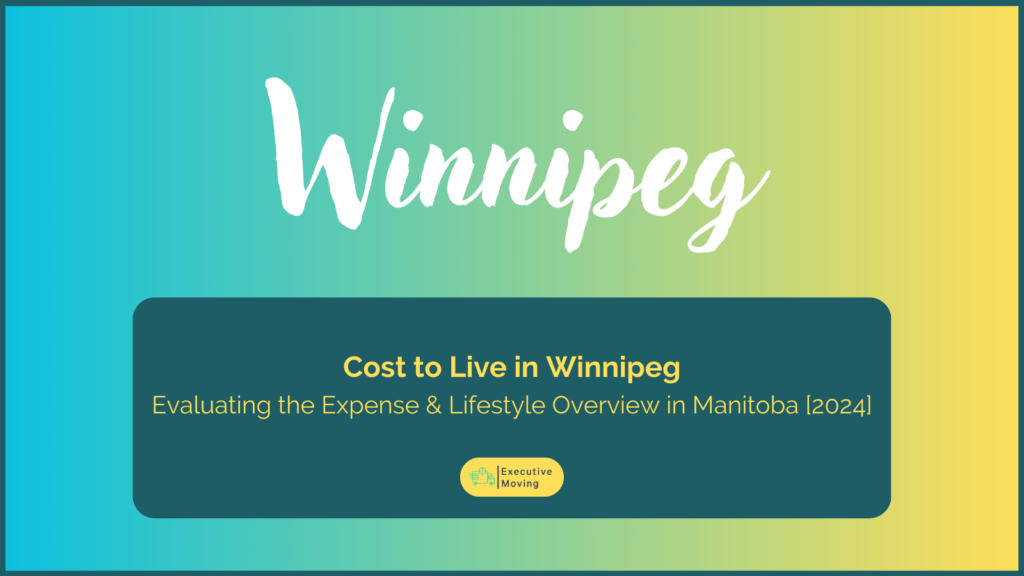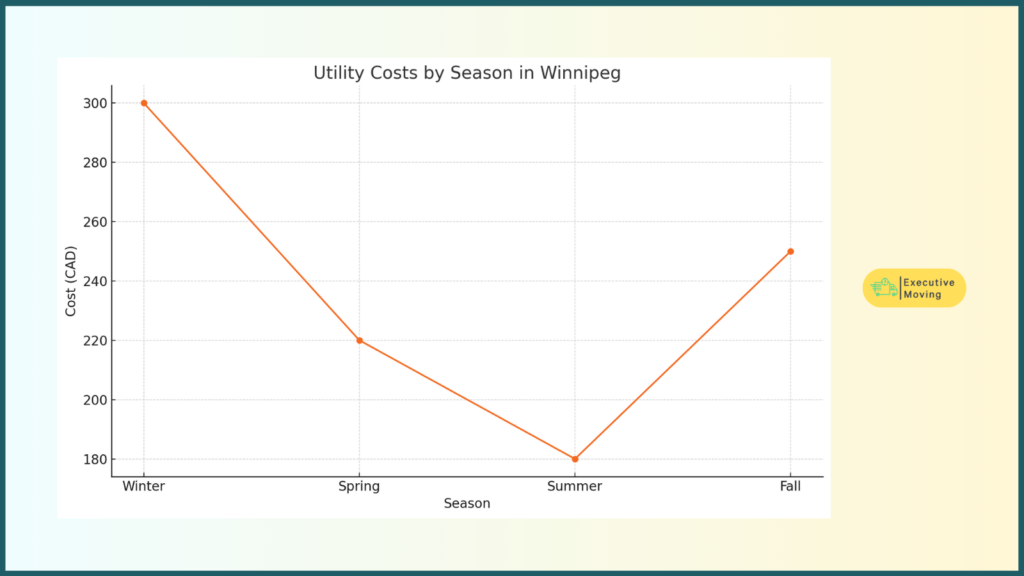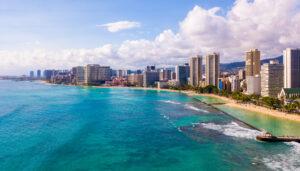From Ottawa to Winnipeg
Moving from Ottawa to Winnipeg means trading the nation’s capital for a more laid-back prairie lifestyle. Winnipeg offers a lower cost of living, particularly in housing, and a friendly, close-knit community.
Expect colder winters and a vibrant arts scene, with plenty of festivals and outdoor activities.
From Québec to Winnipeg
Relocating from Québec to Winnipeg involves leaving a French-speaking, historic city for a multicultural, welcoming community on the prairies.
While you might miss Québec’s European charm, Winnipeg offers affordable living, less traffic, and a slower pace of life. Prepare for colder winters but enjoy the friendly atmosphere and local festivals.
From Halifax to Winnipeg
Moving from Halifax to Winnipeg means swapping coastal views for open prairies. While Winnipeg lacks the oceanic charm of Halifax, it compensates with a lower cost of living and a growing job market.
The city’s colder winters are offset by its warm community spirit and a thriving arts and music scene.
From Montreal to Winnipeg
Shifting from Montreal to Winnipeg means trading a bustling, historic city for a quieter, more affordable lifestyle. Winnipeg offers lower housing costs and a slower pace, along with friendly neighborhoods and a strong sense of community.
Expect colder winters but enjoy a vibrant arts culture and plenty of green spaces.
From Saskatoon to Winnipeg
Relocating from Saskatoon to Winnipeg involves moving to a larger, yet still manageable city with a rich cultural scene.
Winnipeg offers more diverse job opportunities and a lower cost of living compared to other major Canadian cities.
The city’s vibrant festivals, arts, and sports culture provide plenty of activities throughout the year.
From USA to Winnipeg
Moving from the USA to Winnipeg is relatively easy, thanks to the shared language and similar lifestyle. Winnipeg is known for its affordability, safety, and friendly community.
You’ll experience colder winters but also enjoy a strong local arts scene, various outdoor activities, and the city’s welcoming, multicultural atmosphere.











